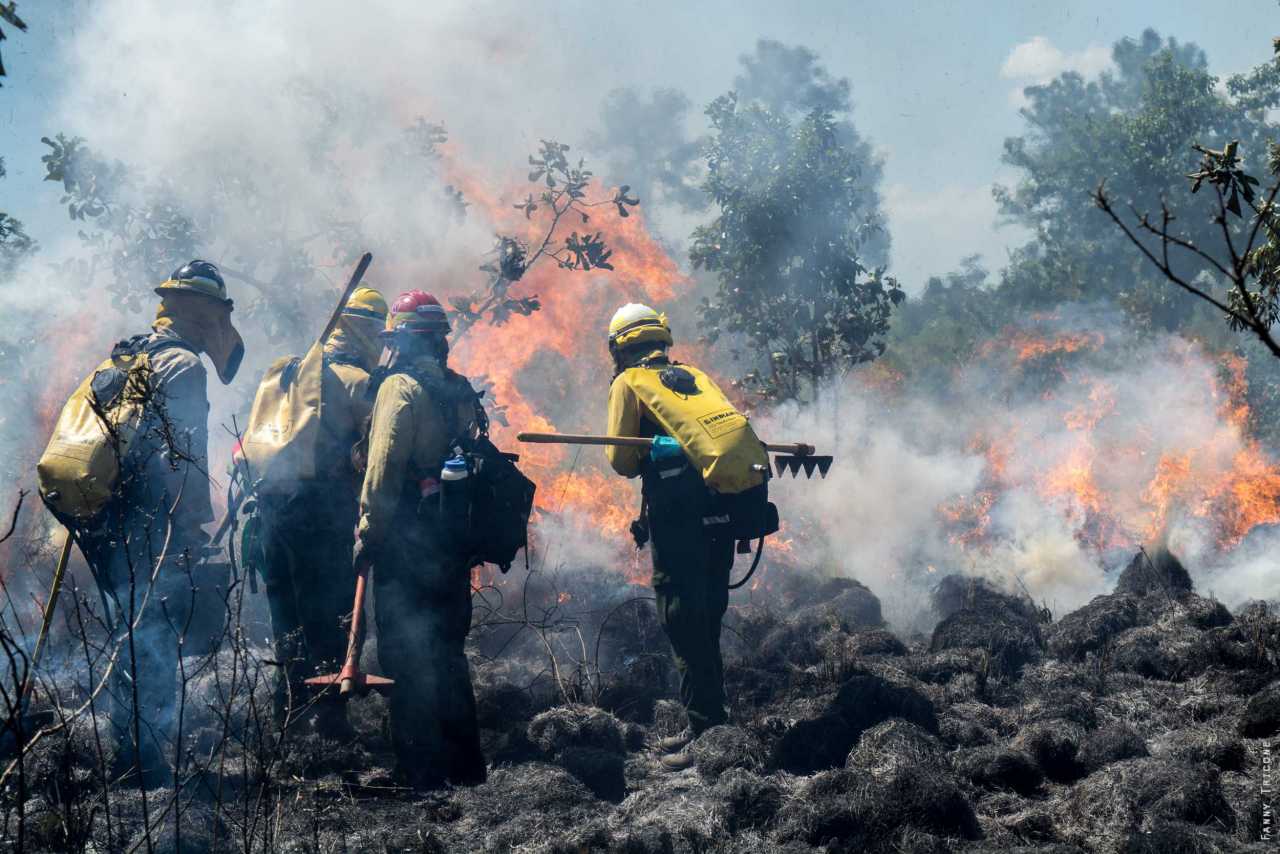-
#dosfuegos
Why do we teach fire in a classroom?
For all of us who have endured fire training indoors, using prepackaged power point presentations, we know one thing…
It is boring as f@*k.
Each year, an untold number of aspiring young firefighters have their inspiration stolen with dry powerpoint presentations.
Most fire trainings are outdated and don’t consider the needs of the new world of fire management.
Not to mention learning…
Sure. You can learn checklists, safety practices and agency policies in a classroom.
Do we think checklists teach us how to think about fire for society and the ecosystems?
With large portions of the planet fire prone, simply producing scores of new firefighters trained indoors is failing.
All you have to do is visit https://www.wildfirelessons.net/home to see our pathology.
For eons, humans have passed the torch from one generation to another.
We have invented no new ways to kill and injure fire line personnel.
We continue to commit the same mistakes over and over with predictable outcomes.
Insane.
Most experienced firefighters will tell you they learned their skills from someone on the fire line.
The problem with classroom training is that we bound young firefighters to a set of rules that do not encourage critical thinking and creativity.
Today’s fire environment demands legions of skilled firefighters and fire-lighters to protect life and property and the ecosystems that we all depend on.
The profession of fire management could use some soul searching.
Let us ask ourselves: Is there a better way?
Could it be that we are robbing the next generation from an opportunity to contribute to fire management solutions by using their genius and creativity?
To be a “Student of Fire” we need to transcend the checklist and box and burn mentality and achieve a more artful understanding of fire behavior and fire suppression tactics.
There will always be fires.
Some we must suppress in awful conditions.
To meet the challenges of the future we must think of fire differently.
That difference is using both the art and science of fire to work safely and effectively as fire practitioners.
And those skills aren’t derived from a bulleted checklist from an intellectually bankrupt NWCG course.
We derive skills best from direct experience and mentorship.
This is how humans learn best.Post is under moderationStream item published successfully. Item will now be visible on your stream.

